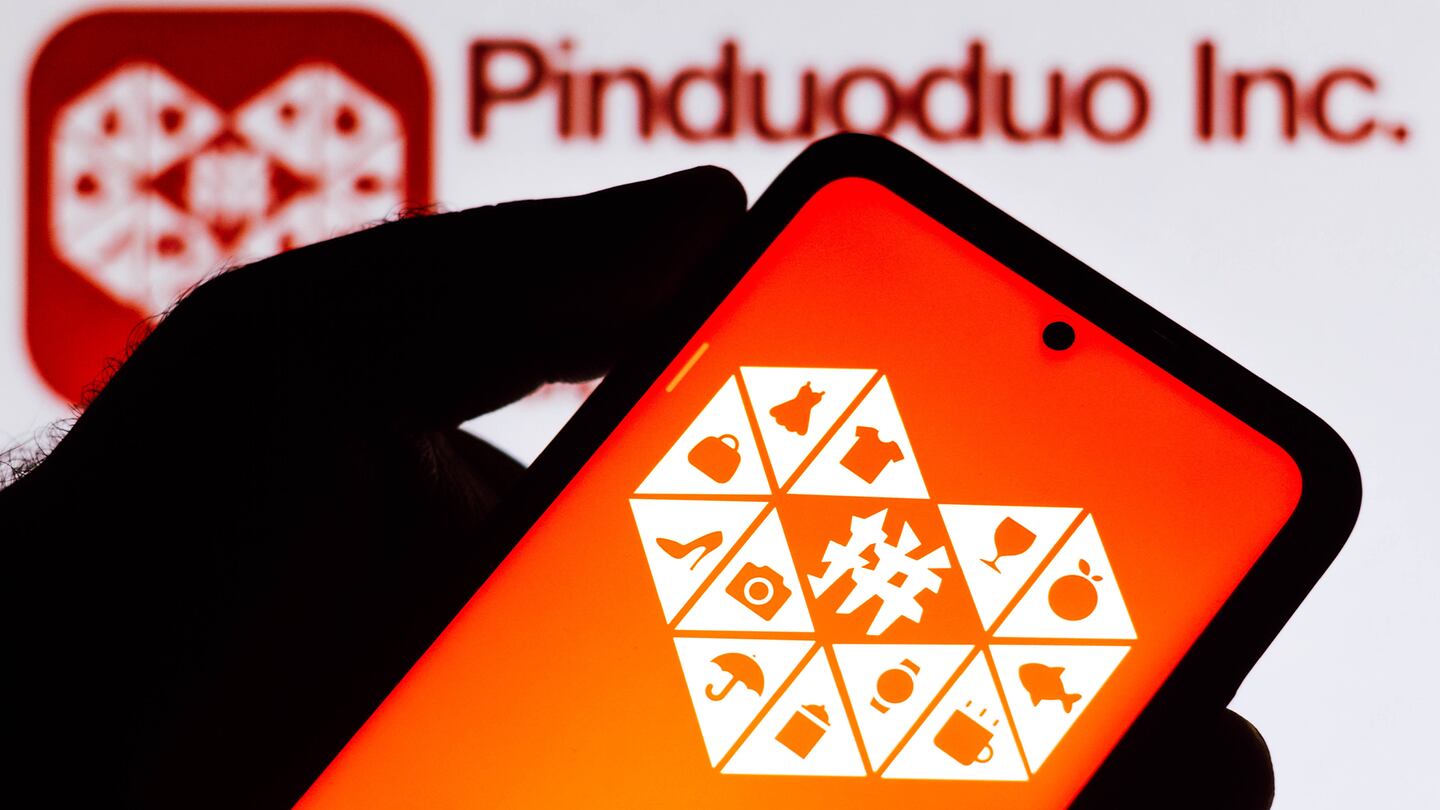
The Business of Fashion
Agenda-setting intelligence, analysis and advice for the global fashion community.

Agenda-setting intelligence, analysis and advice for the global fashion community.

PDD Holdings Inc, which owns discount e-commerce platforms Pinduoduo and Temu, missed expectations on Monday for fourth-quarter revenue as China’s post-reopening consumer recovery remains patchy.
US-listed shares of PDD Holdings fell as much as 13.9 percent in premarket trading.
PDD reported revenue of 39.82 billion yuan ($5.79 billion) for the quarter ended Dec. 31, up 46 percent year-on-year, but this fell short of estimates for 41.01 billion yuan, based on Refinitiv data.
The group had reported 65 percent revenue growth in its third-quarter earnings last November.
ADVERTISEMENT
PDD’s fourth quarter included only the first few weeks of China’s reopening from its strict zero-Covid rules in December.
The company’s revenue growth compares with single-digit gains reported by Chinese competitors Alibaba and JD.com for the same period, leading Bo Pei, an analyst at US Tiger Securities, to note that “investors do seem to be a bit overreacting to the miss.”
PDD Holdings chairman and chief executive Chen Lei told analysts on a call following the earnings announcement there was “strong resilience” in China’s consumption market in the quarter.
“Sales volumes of daily essential products on the platform showed steady growth, meanwhile consumer demand for high quality merchandise is growing, categories like mobile phones, beauty and cosmetics and baby products all had decent growth,” he said.
JD.com warned in March that consumer confidence in China would take time to rebuild amid economic uncertainties.
China’s total retail sales contracted 1.8 percent in December, while the country’s economic growth in 2022 slumped to one of its worst levels in half a century.
Discounting campaigns by rivals have also intensified competition for PDD, which has gained market share since it first came on the scene in 2015 by targeting price conscious consumers with discounted goods.
“We believe that healthy competition is beneficial to consumers and the entire industry but when competition intensifies, sometimes peers react [by going] in a different direction,” Chen said in an apparent nod to increased discounting in the market.
ADVERTISEMENT
“We need to focus on our own healthy development and embrace industry competition even when sometimes it involves unsustainable practices from peers,” he added.
PDD’s fast-growing international platform Temu, which was launched in September to US shoppers, sells a variety of goods, from shoes, jewellery, electronics and homewares directly from Chinese merchants.
Temu’s gross merchandise value - the total sales before expenses - increased to $192 million in January from $3 million in September, based on analysis from data company YipitData.
Temu’s 2023 expansion will include rollouts in Canada, Australia, New Zealand and the UK.
“Different markets and different regions have many differences and we still have a lot to learn and a lot to improve,” Chen said.
By Casey Hall and Chavi Mehta; Editors: Shinjini Ganguli, Jane Merriman and Susan Fenton
Learn more:
Temu’s Ambitions Are Bigger Than Beating Shein
With a Super Bowl ad and a social marketing blitz, the Chinese-owned e-commerce platform has quickly built a big fast fashion business in the US. Analysts say its business is set up to potentially compete with Amazon and TikTok.
The nature of livestream transactions makes it hard to identify and weed out counterfeits and fakes despite growth of new technologies aimed at detecting infringement.
The extraordinary expectations placed on the technology have set it up for the inevitable comedown. But that’s when the real work of seeing whether it can be truly transformative begins.
Successful social media acquisitions require keeping both talent and technology in place. Neither is likely to happen in a deal for the Chinese app, writes Dave Lee.
TikTok’s first time sponsoring the glitzy event comes just as the US effectively deemed the company a national security threat under its current ownership, raising complications for Condé Nast and the gala’s other organisers.